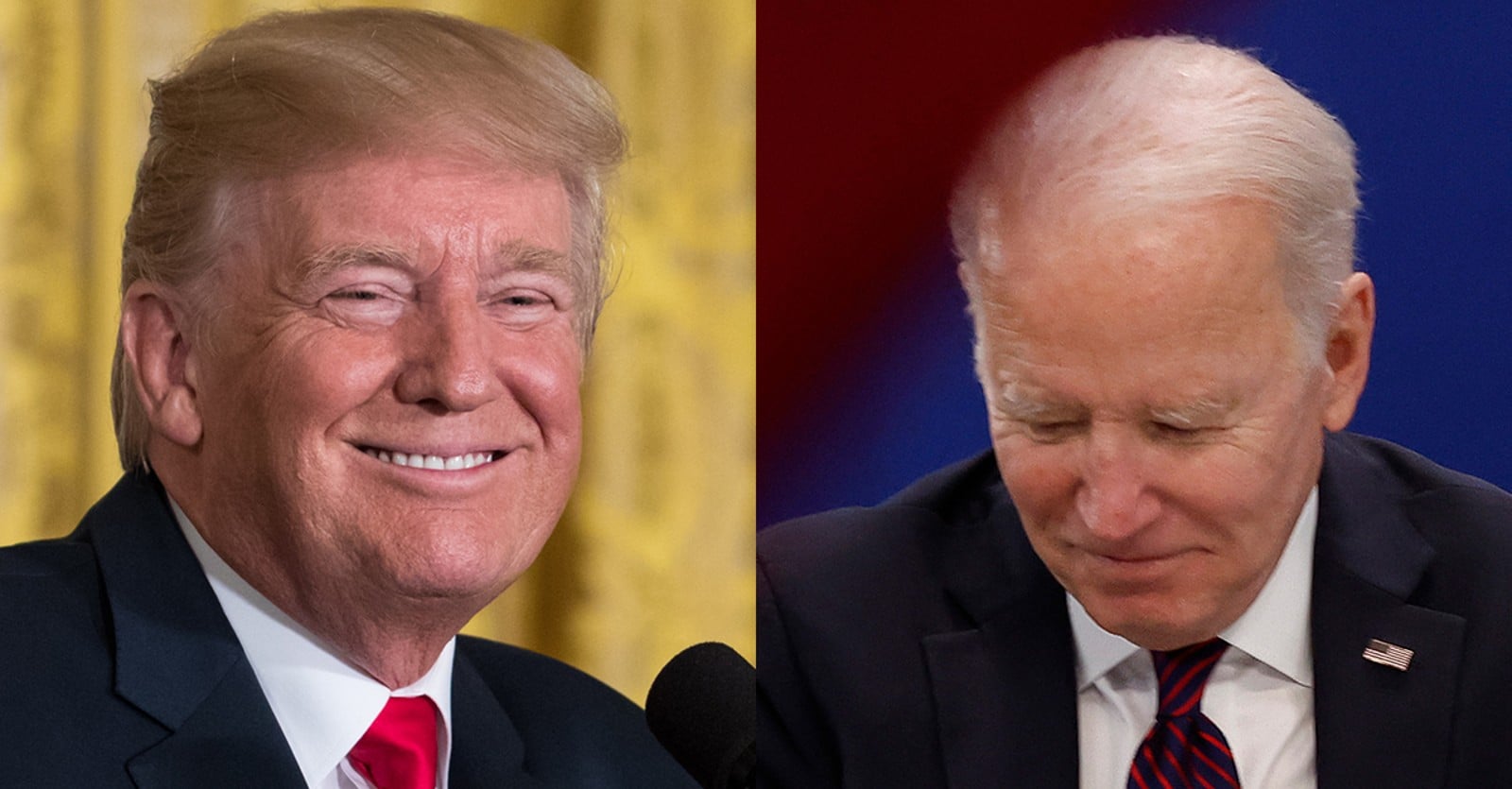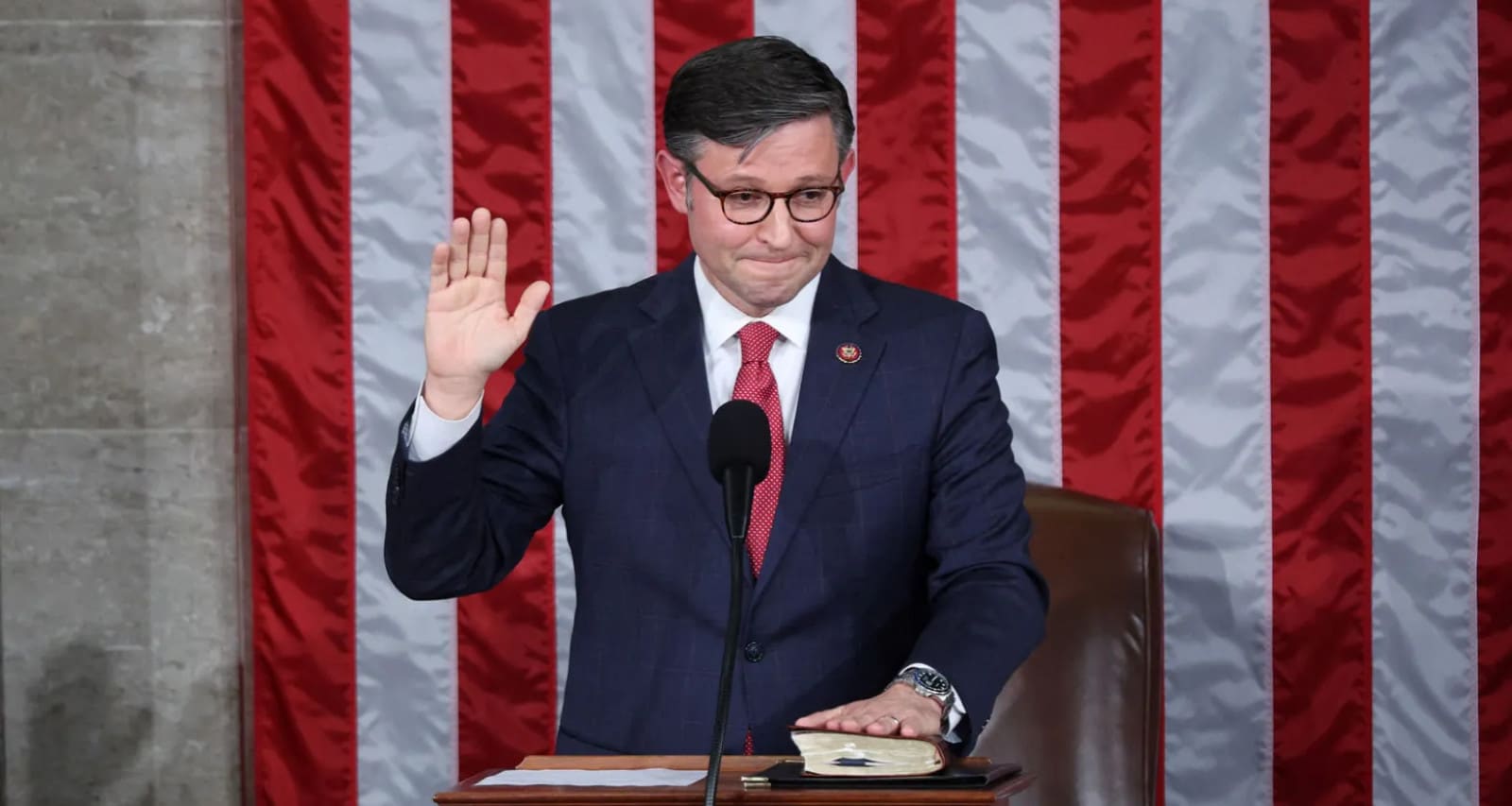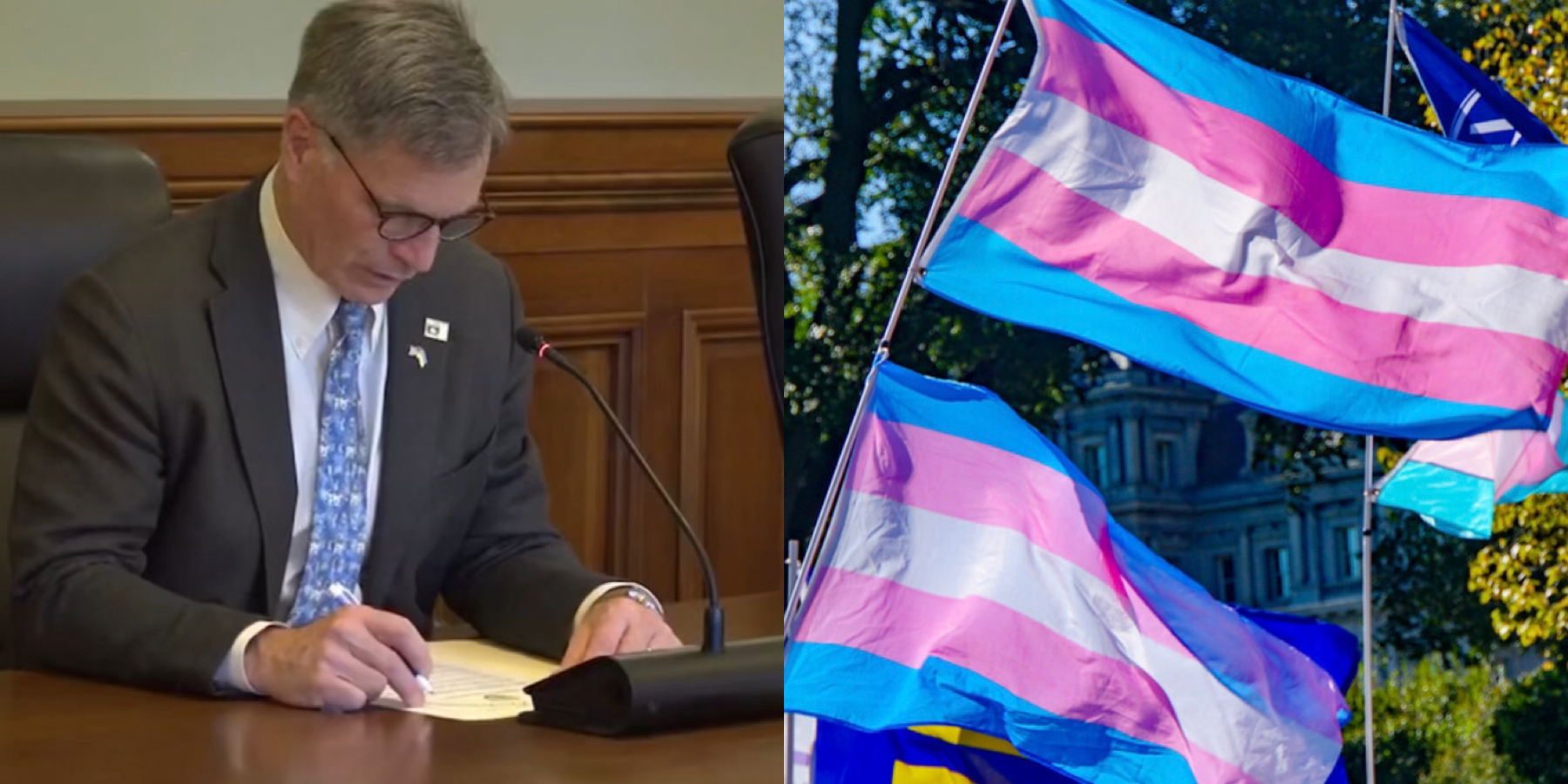[ad_1]
Advertisement
OPINION: This article may contain commentary which reflects the author’s opinion.
In 2016, then-GOP presidential nominee Donald Trump did something Republicans hadn’t been able to do in several election cycles: scale the “blue wall” of battleground states to beat Democratic rival Hillary Clinton and capture the Oval Office.
In 2020, then-Democratic nominee Joe Biden rebuilt the blue wall with victories in states like Wisconsin, Michigan, and Pennsylvania, though now those battlegrounds appear to be increasingly contested by Trump and a third Independent candidate: Former Democrat Robert F. Kennedy Jr.
According to a recent Quinnipiac University poll cited by CNN, RFK Jr. “hit 22% among registered voters.”
CNN political analyst Harry Enten noted that Kennedy “is polling higher than any independent or third-party candidate in a generation. He, along with other non-major-party candidates, has a real chance to affect the outcome of the 2024 election.”
“The last independent presidential candidate to earn over 20% support in a poll within a year of the election was Ross Perot in 1992. He ended up getting 19% of the popular vote,” he further noted, adding:
Advertisement
We don’t know where Kennedy will end up, obviously; however, his numbers in the swing states should be turning heads. According to New York Times/Siena College surveys, Kennedy was in the high teens to upward of 25% in the six closest states that Biden won in 2020 over Trump: Georgia, Arizona, Wisconsin, Pennsylvania, Nevada, and Michigan.
The Times/Siena polls were notable, of course, because they sent some Democrats into a tizzy and some Republicans into euphoria earlier this week. Trump came in with a higher share of the vote than Biden in five of these states among registered voters and in four of them among likely voters.
Enten also noted that when RFK Jr. became an option among likely voters, Trump’s lead over Biden in swing states was cut to just two—Georgia and Nevada—while his 5-point leads in Arizona and Pennsylvania vanished into ties. Meanwhile, Biden held an edge in Pennsylvania, but it was well within the margin of error. He was tied with Trump in Michigan.
“Put another way, a clear Trump polling lead became a jumbled mess with no clear favorite to win in the Electoral College thanks to Kennedy. Both Biden (34%) and Trump (36%) were south of 40% in aggregate across the six states,” Enten pointed out.
He went on to explain: “The fact that an independent candidate could take such a large chunk of the vote shouldn’t be surprising. Both Biden’s and Trump’s unfavorability ratings were in the high 50s in the Times/Siena poll (and others as well). They’re tied with Democrat Hillary Clinton and Trump in 2016 as the two least liked front-runners for their party’s nomination in polling history.”
Earlier this month, an analysis by a pair of political consultants was good news for Trump regarding RFK Jr.’s potential impact on next year’s presidential race.
Writing at The Daily Caller, Troy Olsen, an Army veteran and political author based in New York City, and Gavin Wax, a GOP strategist and executive director of the National Constitutional Law Union, note that there seems to be quite a bit of “chatter” claiming that Robert F. Kennedy Jr.’s decision to leave the Democrat Party and run for president as an independent will harm Trump’s chances rather than hurt Biden in terms of stripping away votes.
“While early polling on this question is not very numerous, there is little evidence for their argument and much evidence that an RFK Jr. independent run will hurt his party’s incumbent president,” they say.
“President Joe Biden is in a historically weak position. Arguably the weakest incumbent since President Carter or even before,” they added.
Advertisement
The two analysts, co-authors of the forthcoming book, “The Emerging Populist Majority,” note that historically, third-party and independent candidates that garner 5 percent support among voters hurt the incumbent president, functioning “similar to a viable primary challenge within the president’s party.”
The analysts went on to say that in 2016, votes for Gary Johnson, who had previously served as a GOP governor, combined with liberal Jill Stein swung for Biden in 2020, “which means they could have just as well been decisive in 2016.”



